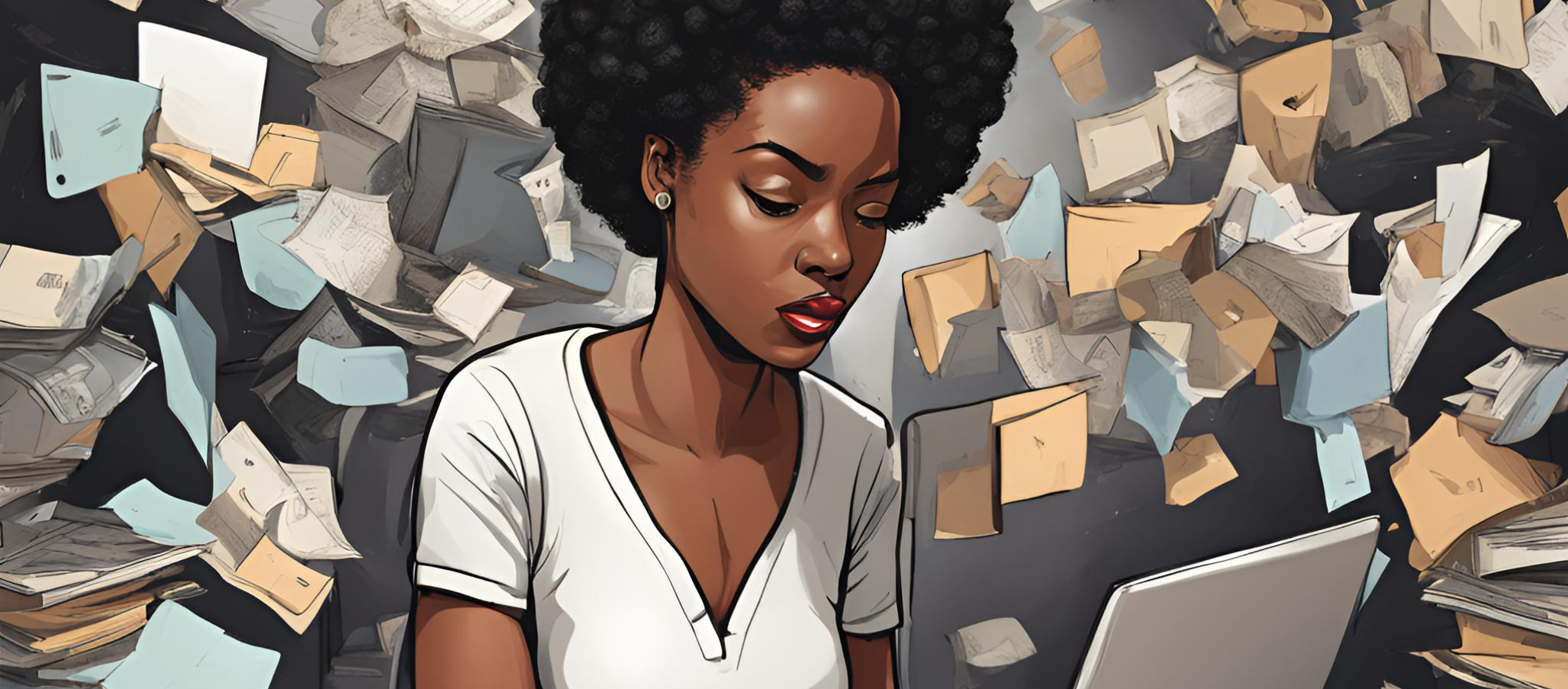THE NEUROSCIENCE OF AGENCY-TO-AGENCY PARTNERSHIPS
According to Demand Gen’s 2022 Partner Marketing Benchmark Survey, around 82% of B2B leaders in the digital industry have added to their roster of partners this year alone. This comes as a result of Hinge’s High Growth Study (also 2022), which confirmed that the most successful brands are three times more likely to use partnerships as part of their overall strategy.
Over the years, partnerships have become the most common business form today. The digital industry has seen an influx of growing groups and communities created for this exact purpose – this is perfectly placed for our new generation of millennial and Gen Z business leaders, most of whom prioritise collective growth and diversification.
As such, strategic partnerships (and the general pursuit of partnerships) is hardly a novel idea in our industry. However, few understand the deeper and long-term benefits of such agreements; and the numerous ways in which they can be leveraged to grow your own digital agency.
There are numerous articles that’ll outline the direct benefits of agency-to-agency partnerships. It’s common knowledge that these partnerships introduce a new breadth of skills and expertise to your agency, and therefore offer a better service offering to your clients (while giving your partners a cut of the fees).
But we’d like to dig deeper into the psychology of partnerships in our industry.
In this article, we’ll share how to build agency-to-agency partnerships with the right emotional intent and (shared) purpose in mind – as well as how this will bring your agency fiscal success and longevity.
Shared Values in Partnerships
In most cases, digital agencies form partnerships so that they can diversify their in-house skills and offer complementary digital services (in addition to their existing ones) – and keep their clients from looking for solutions elsewhere.
As our industry continues to become more and more saturated, a higher number of agencies are losing pitches because they’re simply not “offering enough” according to their end-consumers. But if these agencies joined forces with other agencies who helped them “fill in the gaps” – they would satisfy their clients and will inevitably continue to attract new business as a result.
For example, Agency A majors in creative work for a client; but the client has a specific problem with their eCommerce platform. Agency A doesn’t have the relevant skill or expertise to deliver – and do not wish for this client to look elsewhere, with the concern that the other agency will poach the client (and the entire project) from them. So, Agency A partners with Agency B, an agency that specialises in providing white label dev capabilities, including eCommerce. As a result of this agreement, Agency A protects their relationship with the client and delivers on the project requirements. The client is satisfied and both Agency A and Agency B are financially rewarded.
Now, the above example only works because Agency A and Agency B both find value in the agreed partnership. If this agreement was in the sole interest of Agency A, then Agency B would naturally not be attracted to it.
Many agencies forget this, and go out seeking partnerships with the intention of only helping themselves. If you’re doing this, then this is your first mistake.
In order to build sustainable partnerships, it’s important to have the value that you’re bringing to your partner at the forefront of your mind. And don’t just make it about fiscal goals either; a digital partner that is solely focused on financial gains won’t be the right partner for you – and this will absolutely come to light as you start working with your clients together.
As such, shared values and aligned views about the workplace should be at the top of your priority list when you’re forging new partnerships.
Neuro-Currency: Calculating the Worth of Partnerships
Do you know what happens in a person’s brain every time a successful agency-to-agency partnership is created?
Neuroscience tells us how dopamine (the “happy hormone”) is found all over the brain. It’s normally released when a person experiences something they interpret as a “reward”.
However, people define the worth of different rewards in different ways. This is sometimes referred to as the “neuro-currency of value” – where “bigger” rewards in a person’s mind (such as winning the lottery) releases higher levels of dopamine. The more positivity somebody associates with a certain experience, the more dopamine their brain will release.
Now, when agencies form the right partnerships, they’re immediately reassured that they will have a better service offering for prospects and have a greater chance of closing even more business deals. This usually means more opportunities for growth, more credibility as an agency and more money in the bank.
All these things are likely to release high levels of dopamine among agency leaders and their team members, therefore making them more productive. In fact, neuroscience proves that the more a human being feels they’re on the “right track” of success, the more focused they inherently become. This is because their end-goals feels more attainable.
Remember, even in an industry like ours, emotions drive everything – including the way we work and all the decisions we make. Because partnerships rely on emotions and human relationships more than any other business form, they naturally have the biggest influence on your business.
Below, shows what happens to dopamine levels and motivation, when you work with partners that support you
– Gaps in your digital offering and unsatisfied client(s)
(low levels of dopamine)
(lower productivity)
– New breadth of digital skills thanks to your agency partner
(higher levels of dopamine)
(more productivity as you collectively deliver on project)
– Satisfied client = Rewards for your agency partner and for you
(high levels of dopamine all round)
(more recommendations and more motivation to continue delivering on projects together)
Understanding Human-Psyche Might Just be the Best Partnership Strategy
While many dismiss the study of neuroscience and the human-psyche, remember that strategic partnerships are first and foremost built on the premise of understanding people.
If you’re able to trigger dopamine release among potential partners and your clients, then not only will you all become more productive and motivated as a result – but you will continue to attract new business and ensure your agency grows as sustainably as possible.
Digital agencies are often tempted to provide clients with every solution all by themselves – but a failure to bring in the right partners who specialise in certain digital skills, will eventually see you losing more pitches (and starving your business brain of all those happy hormones).
During a time when we’re seeing the launch of more digital agencies than ever before, can you really afford to take that risk?
Written in partnership with Pimento Member Wow Group of Companies – Wow Group is one an award winning Agency-to-Agency specialist, that provides rock solid technical developments services you can rely on.
If you would like to know more about Pimento Member Wow Group’s dev services and partner offering, please feel free to download the Agency To Agency brochure.
Pimento is the UK’s leading independent marketing and communications agency network, with over 165 agencies and 2,500 marketing professionals, covering just about every aspect of marketing strategy and communications.
Joining Pimento means different things to different members, but they all revolve around an ethos of entrepreneurism and a shared determination to continually improve the businesses we own.
That improvement can be through new business generation, bigger opportunities, new revenue opportunities, shared knowledge with other business owners, new partnerships, business coaching or just having the best UK marketing network as a back-up and, of course, the reassurance of a better service offering for prospects and a greater chance of closing even more business deals.
Learn more about Pimento membership here.

How to Choose a Marketing Agency: Essential Steps for Success
How to choose the right marketing agency has long been an important and time consuming decision, it is more than […]
Read more.
A Pimento Guide on How to Write a Brief
Have you ever embarked on a culinary adventure without a recipe? Chances are, the dish didn’t turn out as expected. […]
Read more.